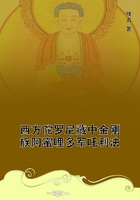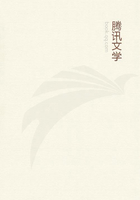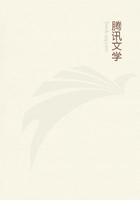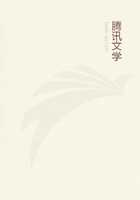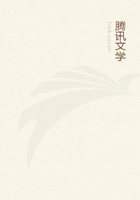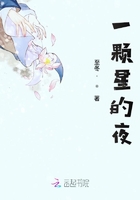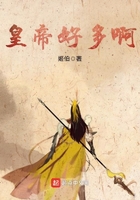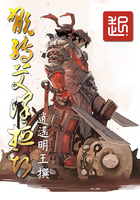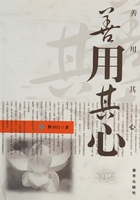Though the word revolution implies a violent break with the past, there was nothing in the Revolution that transformed the essential character or the characteristics of the American people. The Revolution severed the ties which bound the colonies to Great Britain; it created some new activities; some soldiers were diverted from their former trades and occupation; but, as the proportion of the population engaged in the war was relatively small and the area of country affected for any length of time was comparatively slight, it is safe to say that in general the mass of the people remained about the same after the war as before. The professional man was found in his same calling; the artisan returned to his tools, if he had ever laid them down; the shopkeeper resumed his business, if it had been interrupted; the merchant went back to his trading; and the farmer before the Revolution remained a farmer afterward.
The country as a whole was in relatively good condition and the people were reasonably prosperous; at least, there was no general distress or poverty. Suffering had existed in the regions ravaged by war, but no section had suffered unduly or had had to bear the burden of war during the entire period of fighting. American products had been in demand, especially in the West India Islands, and an illicit trade with the enemy had sprung up, so that even during the war shippers were able to dispose of their commodites at good prices. The Americans are commonly said to have been an agricultural people, but it would be more correct to say that the great majority of the people were dependent upon extractive industries, which would include lumbering, fishing, and even the fur trade, as well as the ordinary agricultural pursuits. Save for a few industries, of which shipbuilding was one of the most important, there was relatively little manufacturing apart from the household crafts. These household industries had increased during the war, but as it was with the individual so it was with the whole country; the general course of industrial activity was much the same as it had been before the war.
A fundamental fact is to be observed in the economy of the young nation: the people were raising far more tobacco and grain and were extracting far more of other products than they could possibly use themselves; for the surplus they must find markets.
They had; as well, to rely upon the outside world for a great part of their manufactured goods, especially for those of the higher grade. In other words, from the economic point of view, the United States remained in the former colonial stage of industrial dependence, which was aggravated rather than alleviated by the separation from Great Britain. During the colonial period, Americans had carried on a large amount of this external trade by means of their own vessels. The British Navigation Acts required the transportation of goods in British vessels, manned by crews of British sailors, and specified certain commodities which could be shipped to Great Britain only.
They also required that much of the European trade should pass by way of England. But colonial vessels and colonial sailors came under the designation of "British," and no small part of the prosperity of New England, and of the middle colonies as well, had been due to the carrying trade. It would seem therefore as if a primary need of the American people immediately after the Revolution was to get access to their old markets and to carry the goods as much as possible in their own vessels.
In some directions they were successful. One of the products in greatest demand was fish. The fishing industry had been almost annihilated by the war, but with the establishment of peace the New England fisheries began to recover. They were in competition with the fishermen of France and England who were aided by large bounties, yet the superior geographical advantages which the American fishermen possessed enabled them to maintain and expand their business, and the rehabilitation of the fishing fleet was an important feature of their programme. In other directions they were not so successful. The British still believed in their colonial system and applied its principles without regard to the interests of the United States. Such American products as they wanted they allowed to be carried to British markets, but in British vessels. Certain commodities, the production of which they wished to encourage within their own dominions, they added to the prohibited list. Americans cried out indignantly that this was an attempt on the part of the British to punish their former colonies for their temerity in revolting. The British Government may well have derived some satisfaction from the fact that certain restrictions bore heavily upon New England, as John Adams complained; but it would seem to be much nearer the truth to say that in a truly characteristic way the British were phlegmatically attending to their own interests and calmly ignoring the United States, and that there was little malice in their policy.

